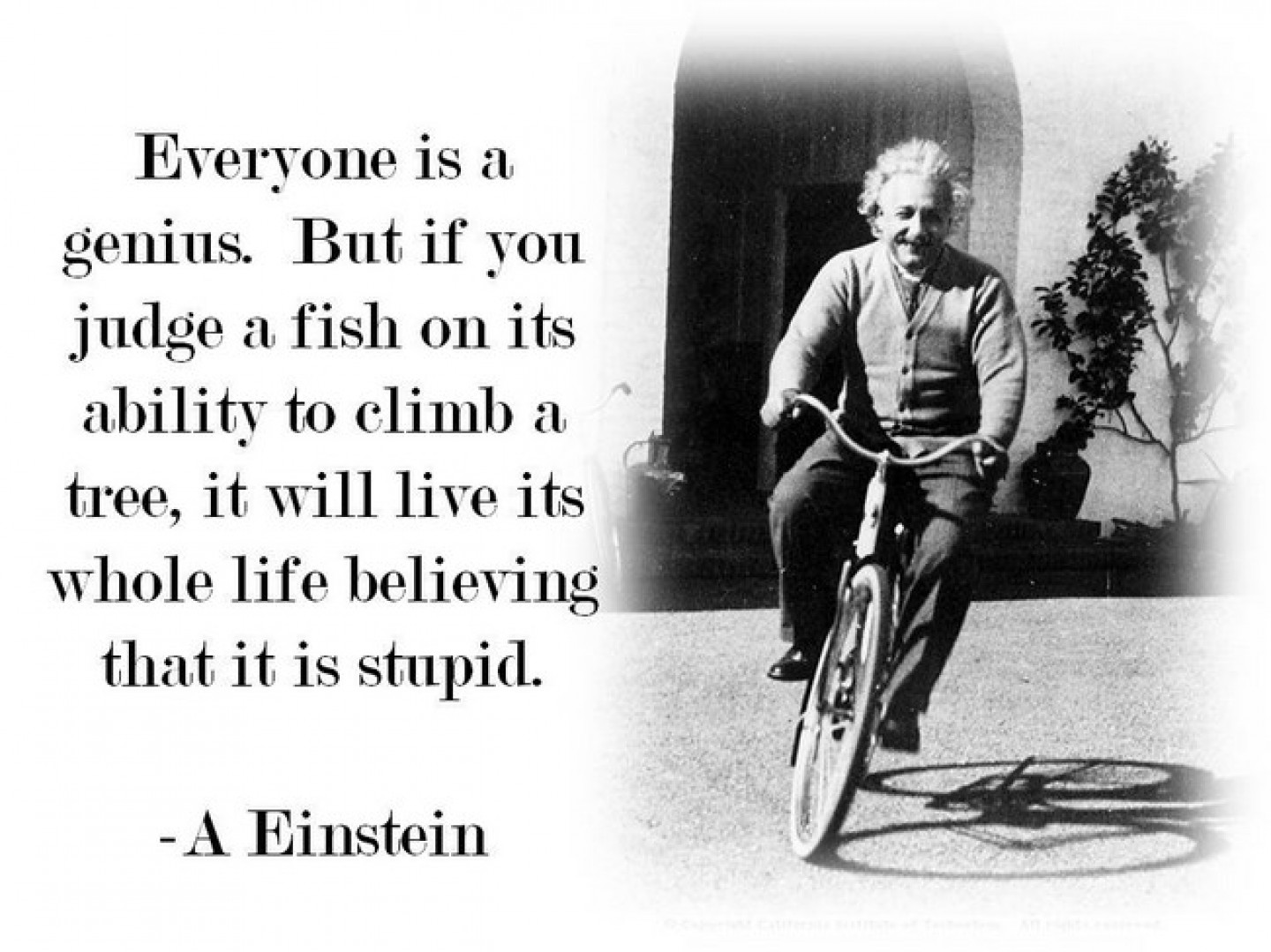I believe that trait-based leadership theory has both pros and cons to it. Being a student within SDSU’s Hospitality and Tourism Management program, which focuses on training future leaders in the hospitality industry, I think that traits do play a part in leadership, though these leadership traits are not necessarily hereditary. In our classes we are taught how to utilize our strengths and train ourselves to exhibit some of the traits mentioned (e.g. motivation, initiative, honesty) in the trait-based theory articles, and I believe that this is one of the main pros of trait-based theory; it tells us which traits are most common in successful leaders. With this knowledge, we know what to work on to best develop ourselves. However, the main con of trait-based theory is that if aspiring leaders are not exhibiting these traits, they may lose faith in their leadership capabilities. When people see leadership traits as heredity-based, they lose the drive to develop themselves.
In the article “Leadership: do traits matter?”, great man theory, which supposes that leaders were born with inherited leadership characteristics, is brought up. Much like the current “white privilege” discussion in America, I believe great man theory’s foundation lies in one’s situation. Just as people are born into white families and inherit the same “white privileges”, so too are people born into positions of inherited wealth and leadership. These “great men” may not necessarily have had accredited leadership training that others had to have to get to positions of power, but they are able to lead the lives of leaders because the situation they were born into. While great man theory is extremely outdated, I believe that the foundation of the theory has some truth to it. However, one’s family history of leadership should not be a factor when choosing managers.
